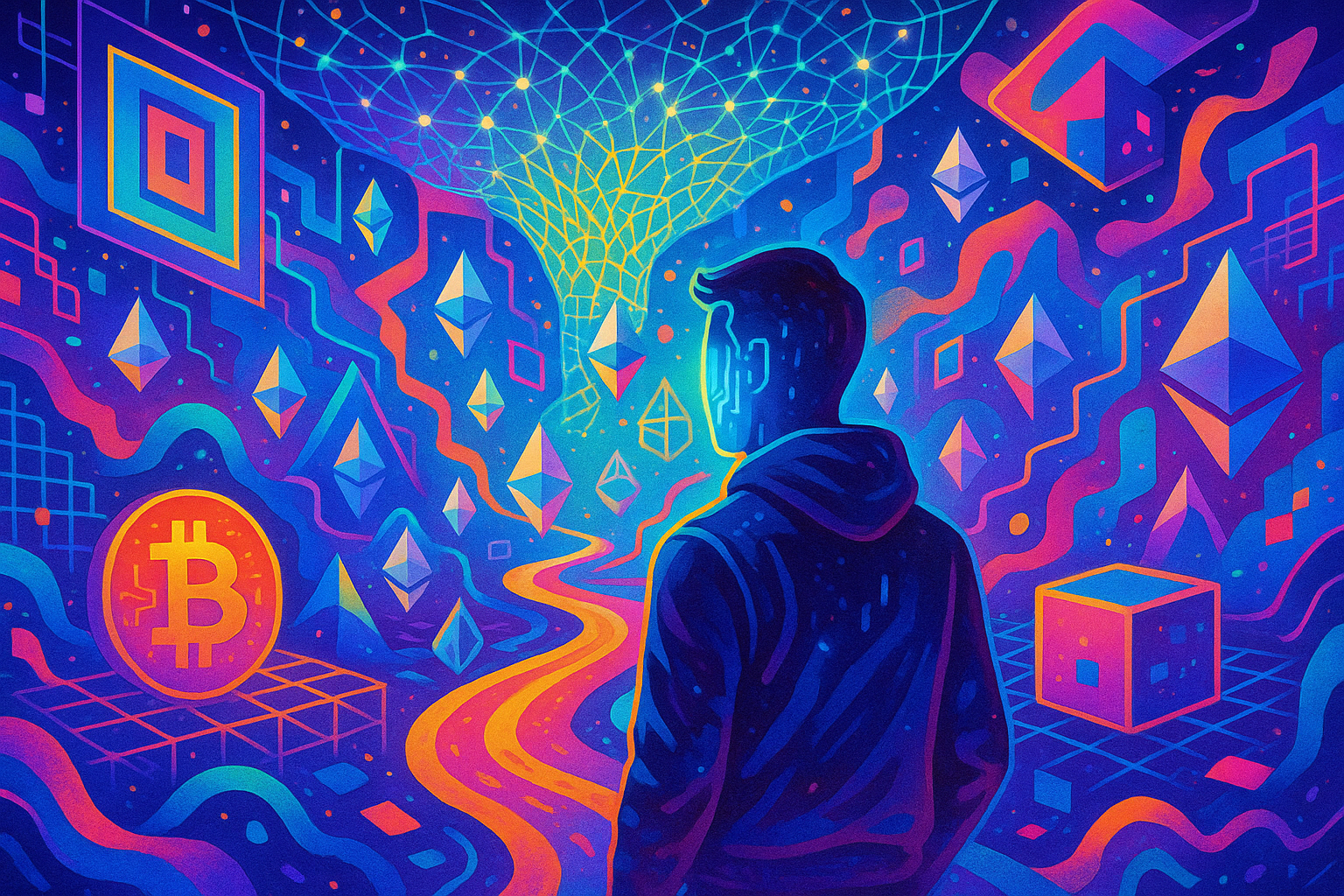AI bots have become “trip-sitters” for psychonauts and are causing anxiety for therapists

MIT Technology Review reported on a growing trend among psychedelic users – many are turning to AI for support during trips. The reason is high cost and a shortage of qualified therapists. Especially popular are ChatGPT voice modes and specialized bots such as TripSitAI and The Shaman, focused on empathy and risk reduction.
At the same time, psychedelic therapy is being legalized in the United States – it is already available in Oregon and Colorado. The growing interest in substances also affects interaction with AI: on Reddit, users share their experiences of trusting conversations with chatbots in altered states of consciousness.
However, experts warn: such a combination can be dangerous. Language patterns tend toward conversation and agreement, while quality therapy is all about silence and inner immersion. Psychotherapist Will van DerWeer emphasizes that “real support is not chatter.” AI can fail to recognize a threat and even back up paranoia or delusion. In one case, the bot supported a user who claimed to be dead.
Critics also point to the false notion of AI as an intelligent replacement for humans. Linguist Emily Bender calls language models “stochastic parrots” that mimic human utterances rather than providing real help. Attempts to integrate such systems into the mental health field can harm and devalue the therapy profession.
Nevertheless, AI and psychedelics are being actively researched together in the scientific community. Centers in Canada, the UK, and the US are using algorithms to predict treatment response, adapt therapy programs, and analyze emotional data. Private companies are using AI to develop new drugs, track conditions and even generate adaptive music during sessions.
The symbiosis between psychedelics and AI remains controversial. While enthusiasts look to bots for support, scientists focus on proving safety.




